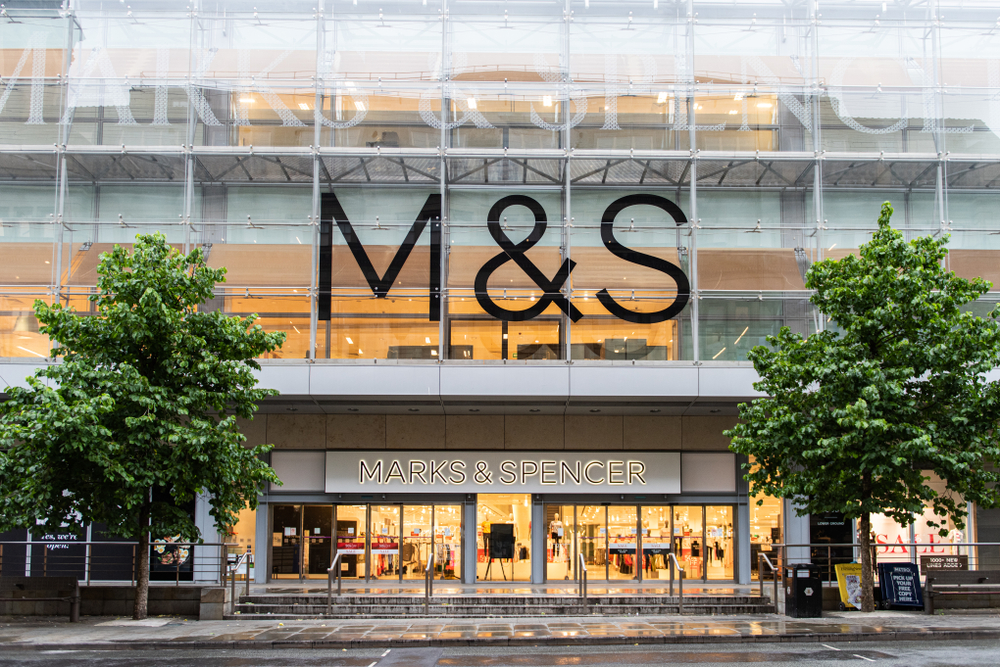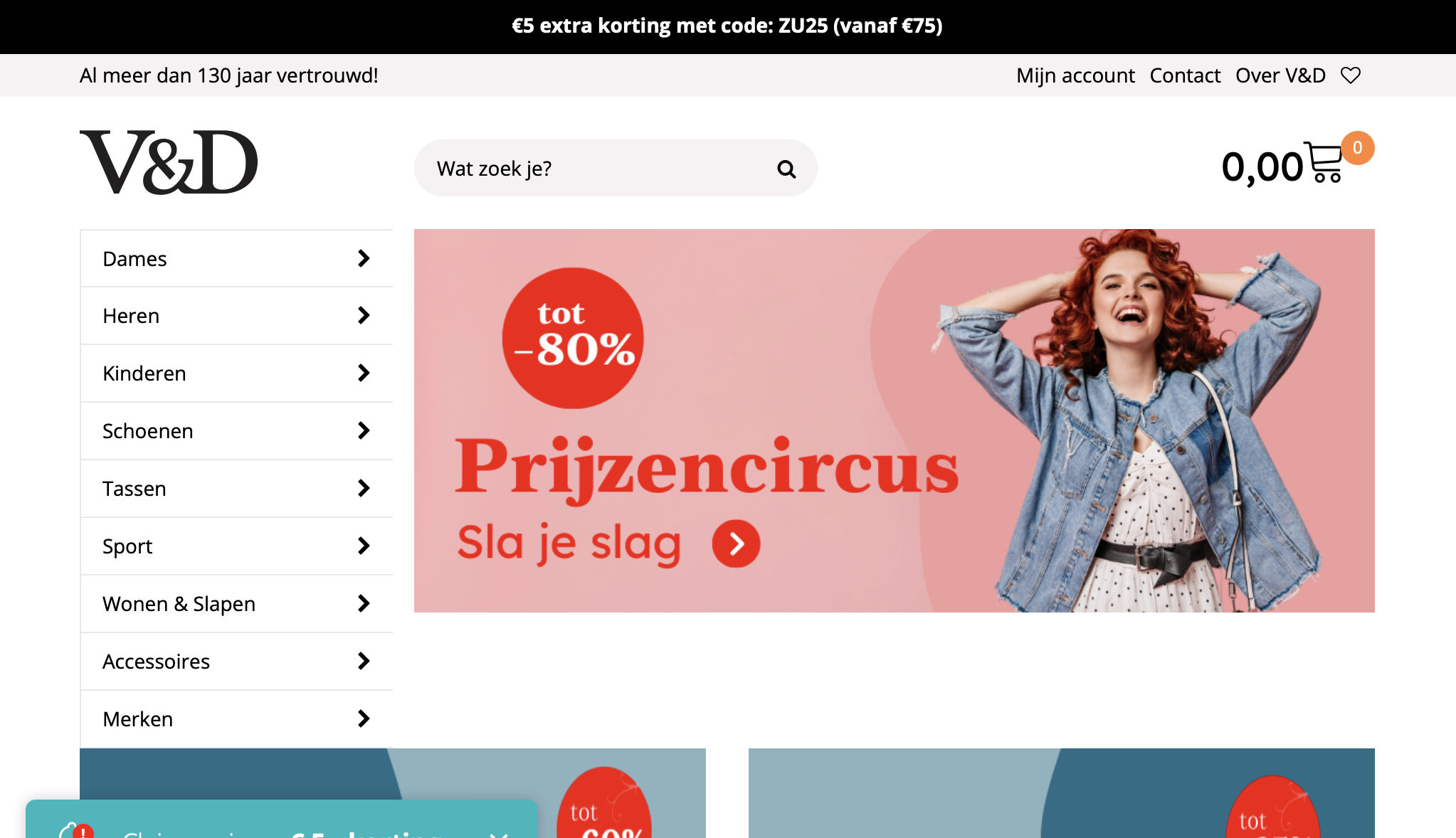The potential acquisition of Home Retail Group (HRG) by Sainsbury’s is a story that is so full of twists and turns it could make a soap opera scriptwriter jealous.
Once upon a time Sainsbury’s owned Homebase and Tesco was the main retail partner of Green Shield Stamps, the forerunner to Argos.
The Green Shield Stamps company became Argos in the 1970s after Tesco withdrew from the scheme.
In the mid-90s, Sainsbury’s bought Texas, the main Homebase rival, and merged the two, then sold it in 2000 – some to a VC and some to B&Q/Kingfisher. Homebase was sold to GUS in 2002, which split in two a few years later leading to the formation of HRG, where Argos and Homebase currently reside.
These days there are Argos digital stores in a modest selection of Sainsbury’s supermarkets, and while the latter has been playing catch-up with main grocery rivals Asda and Tesco – particularly on the click-and-collect front, Argos has invested heavily in one of the slickest delivery and collection models in the UK e-tail landscape.
While its initial £1bn offer for HRG was rejected, it is highly likely Sainsbury’s will be back. At the same time, other suitors are expected to make themselves known; there were pre-Christmas rumours that private equity investors were interested in HRG. There may even be expressions of interest from international buyers.
Last year’s investment in grocery click-and-collect reveals what might be the core Sainsbury’s strategy in making overtures to HRG – it wants the Argos delivery network so that it can compete on a more equal footing with the likes of Tesco and Asda. All the major supermarkets are under enormous pressure where grocery sales are concerned. Falling food prices, increasing delivery costs, and the ever-present discount players have combined to make food retail a particularly challenging environment.
Acquiring HRG would give Sainsbury’s the opportunity to switch on a whole new stream of non-food product lines, another area where its key rivals are more established.
But while grocery delivery is predicated on shoppers being able to pick a one-hour delivery window, Argos is the only major name non-food retailer in the UK currently offering anything approximating the same service level, and – as we’ve featured on eDelivery previously – many other sectors would love to follow suit.
Combining the two, maybe using one to further enhance the other, would have the potential to offer a compelling competitive advantage in a market where the push for faster and more convenient delivery, combined with a range of collection alternatives, is set to remain at the top of many agendas for the foreseeable future.








